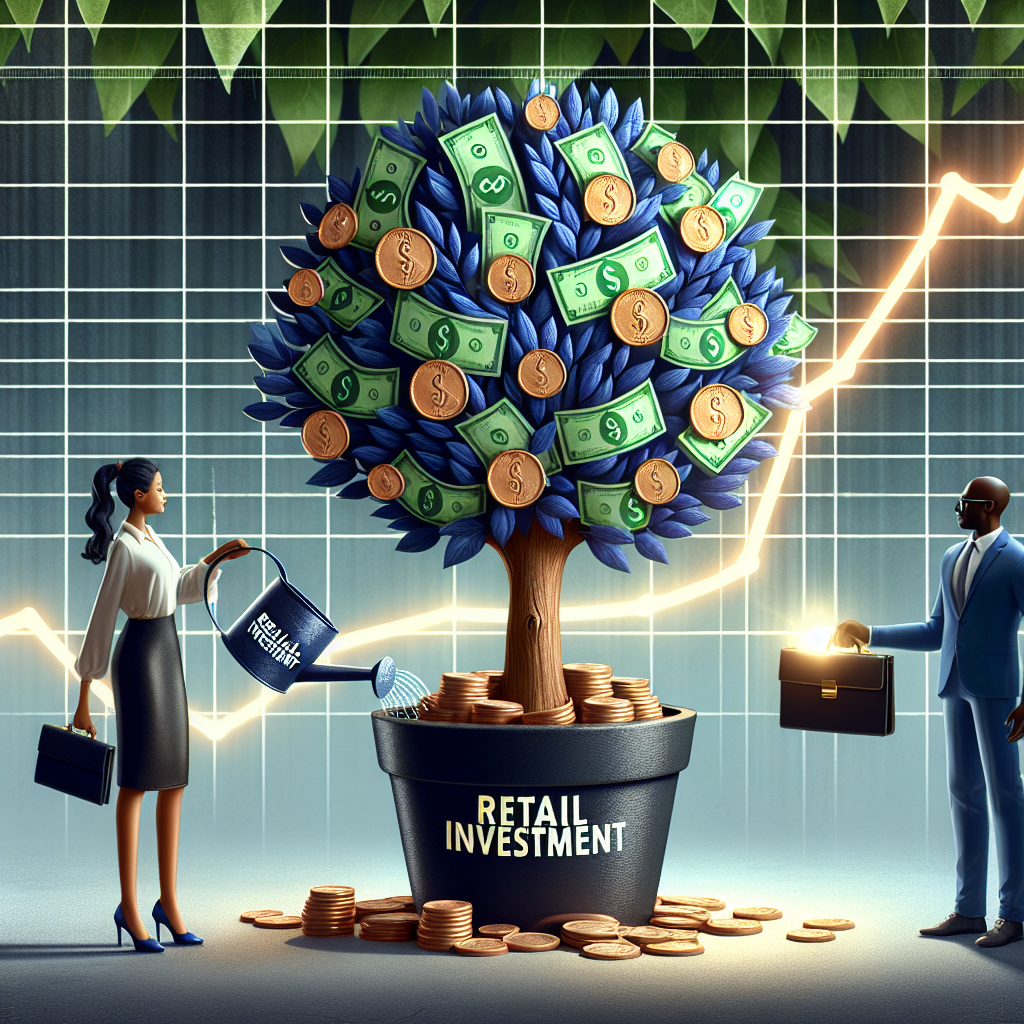Retail Investment Growth: A Comprehensive Overview
Introduction
Retail investment, which refers to individuals investing in stocks, bonds, mutual funds, or other types of securities, has seen significant growth in recent years. This trend has been fueled by a combination of factors, including technological advancements, increased financial literacy, and changing economic conditions. This article explores the growth of retail investment and its implications for the wider economy.
The Rise of Retail Investment
The last decade has witnessed a substantial increase in retail investment. A key driver behind this surge is the democratization of financial markets, made possible by advancements in digital technology. Today, online trading platforms and mobile applications allow individuals to invest in securities with just a few clicks, breaking down barriers to entry that previously existed.
Technological Advancements
Online platforms and mobile applications have made it easier than ever for retail investors to participate in the stock market. These platforms offer user-friendly interfaces, educational resources, and lower fees, making investing more accessible to the general public. As a result, a growing number of individuals are taking control of their financial future by investing in the stock market.
Increased Financial Literacy
Another significant factor contributing to the growth of retail investment is increased financial literacy. With the proliferation of financial education resources available online, more people are becoming knowledgeable about investing. This has empowered many to take a more active role in managing their finances and investing in the stock market.
Impact on the Economy
The growth of retail investment has significant implications for the wider economy. By increasing the flow of capital into the market, retail investors can help stimulate economic growth. Moreover, the democratization of investing can lead to greater financial inclusion and wealth distribution.
Stimulating Economic Growth
As more individuals invest in the stock market, they inject more capital into the economy. This capital can then be used by businesses to fund expansion, hire more staff, invest in research and development, and more. In this way, retail investment can contribute to economic growth.
Promoting Financial Inclusion
By making investing more accessible, online platforms and mobile applications are promoting financial inclusion. This means that more people, regardless of their income or wealth, can participate in the financial market. As a result, the wealth generated by the economy can be distributed more evenly across society.
Conclusion
The growth of retail investment is a trend that is likely to continue in the coming years. As technology continues to evolve and financial literacy improves, more individuals are expected to participate in the stock market. This not only has the potential to generate wealth for individual investors, but it also has the potential to stimulate economic growth and promote financial inclusion. Therefore, the rise of retail investment is a positive development that should be welcomed and encouraged.




